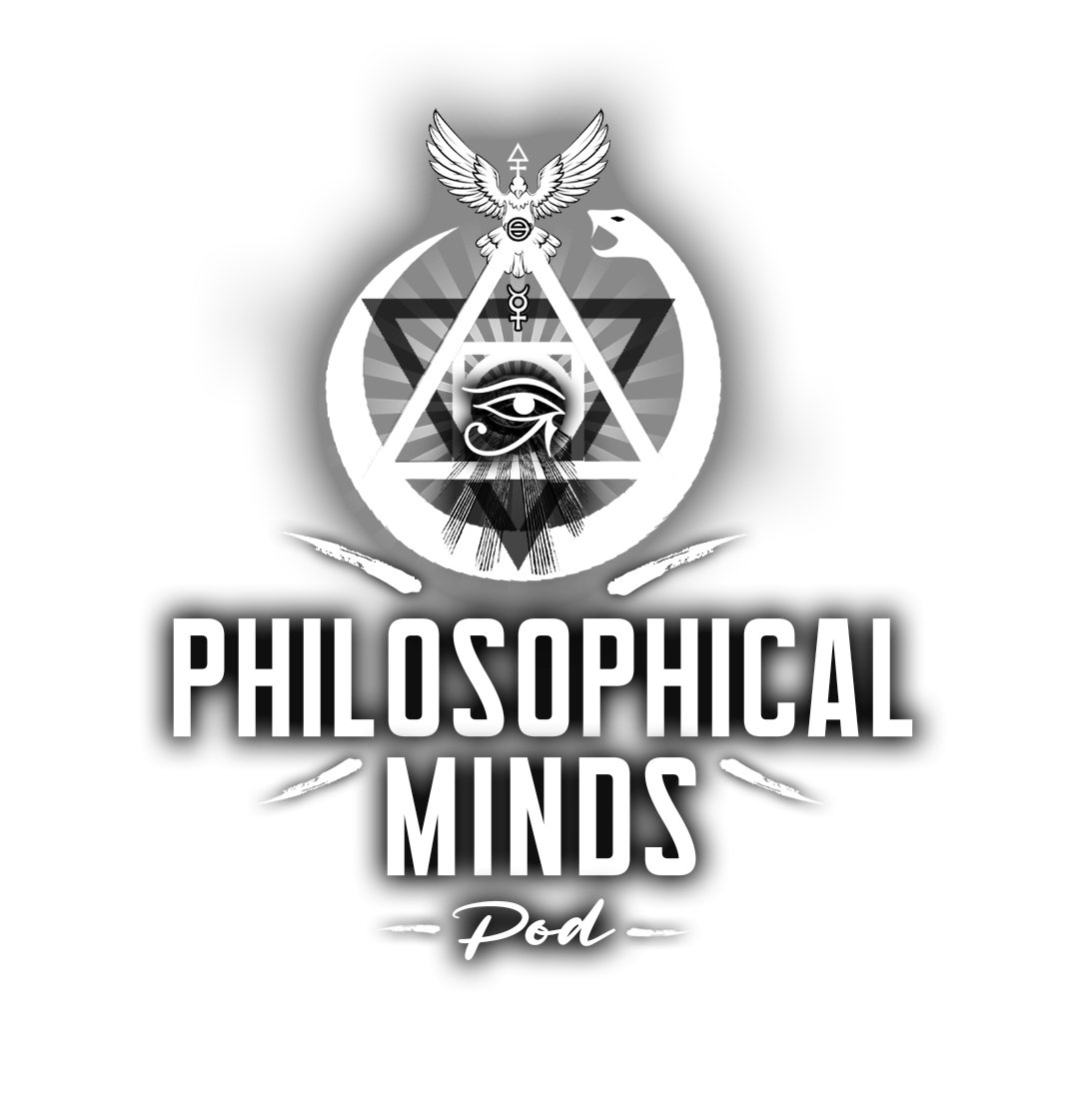Theoria: The Alchemical and Philosophical Pursuit of Divine Knowledge

Theoria: The Alchemical and Philosophical Pursuit of Divine Knowledge
Theoria, from the Greek word for “contemplation” or “theory,” is a profound concept in both alchemical and philosophical traditions. Essentially, it is the pursuit of deep understanding, aiming to grasp reality’s fundamental nature and the divine. This term encapsulates practices and aspirations ranging from mystical contemplation to rigorous philosophical inquiry, central to various spiritual and intellectual traditions.
In The Alchemical Tradition
In alchemy, theoria highlights contemplative and mystical aspects of the work. Alchemists believed that transmuting base metals into gold or creating the philosopher’s stone was a spiritual endeavor, not just a physical operation. Here, theoria involves meditative reflection on alchemical symbols and the divine principles underlying the material world.
The alchemical process mirrored the greater cosmic order, with each transformative stage reflecting spiritual purification and enlightenment. Theoria helped alchemists decode these symbols, aligning their work with the universe’s divine harmony. Through this contemplative approach, alchemists sought to achieve the ultimate goal of the magnum opus, representing material and spiritual perfection.
In Philosophy
Philosophically, theoria is tied to knowledge and wisdom. It signifies intellectual contemplation of truths and principles governing existence. Ancient Greek philosophers like Plato and Aristotle placed great importance on theoria for understanding reality and the divine.
For Plato, theoria involved contemplating ideal Forms that underpin the physical world. This intellectual reflection aimed to uncover eternal truths transcending the material realm. Aristotle, conversely, viewed theoria as the highest intellectual activity, emphasizing pure contemplation of first principles and causes of existence.
Theoria and Mysticism
In mystical traditions, theoria goes beyond intellectual contemplation, embracing direct experiential knowledge of the divine. Mystics across traditions strive for divine union or direct perception of reality through contemplative practices. Here, theoria represents an experiential understanding of divine mysteries, surpassing ordinary perception and reasoning.
Mystical theoria often includes practices like meditation, prayer, and asceticism to attain higher consciousness and direct communion with the divine. This experiential knowledge offers profound insights into the divine’s nature and the unity of all existence, considered the highest form of wisdom.
The Legacy of Theoria
Theoria has profoundly influenced both alchemical and philosophical traditions. Its focus on deep contemplation and the pursuit of divine knowledge continues to inspire those seeking wisdom and enlightenment. Whether through symbolic interpretations of alchemical processes or philosophical and mystical pursuits, theoria symbolizes a timeless quest to understand reality and the divine.
In conclusion, theoria represents a contemplative and intellectual pursuit of divine knowledge across various traditions. In alchemy, it reflects the spiritual and symbolic dimensions of transformation; in philosophy and mysticism, it signifies the quest for fundamental truths and experiential knowledge. The enduring legacy of theoria underscores its central role in the pursuit of wisdom and understanding the divine, bridging material and spiritual exploration.
